DETROIT ARSENAL, Mich. (Army News Service, Aug. 19, 2009) -- The U.S. Army's Tank and Automotive Research, Development and Engineering Center broke ground Monday, on the Department of Defense's pioneering Ground System Power and Energy Laboratory.
When completed, the eight-labs-in-one complex will have capabilities unlike any other facility in the world, including the ability to test both entire vehicles and individual vehicle system components in a wide variety of environmental conditions, TARDEC officials said.
Designed with an eye toward the future, the GSPEL will serve as the cornerstone for the Army's next generation of advanced ground vehicle power and energy solutions, said TARDEC Director Dr. Grace M. Bochenek at the arsenal in Warren, Mich.
"This research and development facility will provide the Army with the cutting-edge laboratory space and equipment necessary to conduct research, development, modeling, simulation and testing on military ground vehicles of all sizes with any type of propulsion system," Bochenek said.
More than 360 government and industry leaders joined Bochenek for the groundbreaking.
"I'm pleased to break ground on this 'ground-breaking' facility that will make our military vehicles safer and more fuel-efficient," said Michigan Sen. Carl Levin. "The technology developed and tested at this new TARDEC laboratory will save the lives of our warfighters ... that is what today's investment is all about."
Addressing the potential economic impact to the region, Levin went on to say, "The Department of Defense's advances [in alternative energy] are making a significant contribution to Michigan's central place in our nation's energy and manufacturing futures."
Sen. Debbie Stabenow echoed that sentiment, saying the laboratory represented evidence of a shared commitment "to ensure that we are the advanced battery manufacturing center of the States, competing successfully around the world."
Congressman Sander Levin said, "For me, this has been a labor of love: a love for our country, a love of all those who serve in the armed forces, and a love of all those serving those who serve. TARDEC, and its pioneering work, belongs in Michigan."
Among the eight unique labs in the GPSEL complex are the hybrid-electric lab and the fuel cell lab, which will evaluate hybrid-electric powertrains, and develop and evaluate fuel cell components and systems. TARDEC supports all of the nation's manned and unmanned ground vehicles, which means finding solutions that will work across a variety of tactical vehicle and robotic platforms.
The GSPEL's centerpiece will be the power and energy vehicle environment lab, which includes one of the largest environmental chambers in the world. It will be able to test vehicles in extreme temperatures, humidity and solar conditions.
TARDEC and its partners have spent years researching and developing hybrid-electric systems, hydrogen fuel cells, alternative fuels and energy storage devices. Example programs include the Fuel Efficient Ground Vehicle Demonstrator, Hydrogen Cooperative Refueling Program, Hybrid-Electric Vehicle Experimentation and Assessment Program, and ongoing Army Technology Objective vehicle testing programs.
These new labs will help further research and development into alternative fuels and propulsion systems, and focus efforts to address critical combat vehicle fuel efficiencies, auxiliary power requirements and field sustainability issues, TARDEC officials said.
This week TARDEC is also involved in the first-ever Ground Vehicle Systems Engineering and Technology Symposium in Detroit.
The three-day event was kicked off Tuesday by the Michigan chapter of the National Defense Industrial Association or NDIA. The symposium brings together more than 700 people from industry, academia and government agencies to discuss challenges and collaborate on advancing technologies.
"There is nothing in the world like Michigan's depth in industrial manufacturing infrastructure," said Sen. Levin, who addressed the conference at its opening session. "Out of these meetings will come ideas, relationships, partnerships and products which will contribute to the safety of our men and women in uniform and to the security of this nation. There is no higher calling than that."
TARDEC Director Bochenek, who was the main speaker Tuesday at the symposium, said "We must rewrite the rules on partnering in order to advance topics that are important to us and this nation."
"We are in the business of redefining our future force strategy," said Lt. Gen. Stephen M. Speakes, the Army's deputy chief of staff, G-8,
"We are investing across a wide range of technologies," said Dr. Thomas H. Killion, deputy assistant secretary of the Army for Research and Technology and the Army's chief scientist.
"My plea to you is to bring your best ideas and partner with us," Killion told the symposium participants.
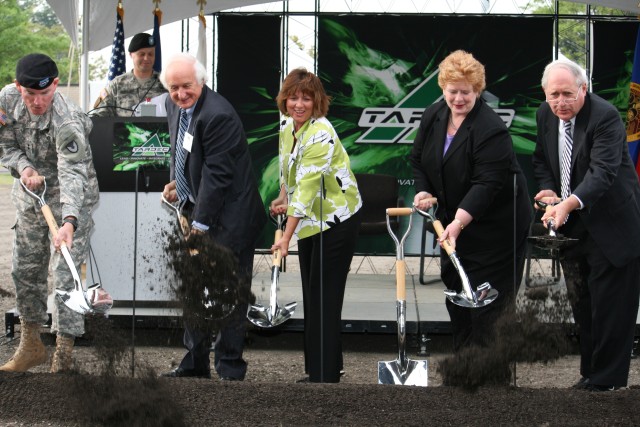
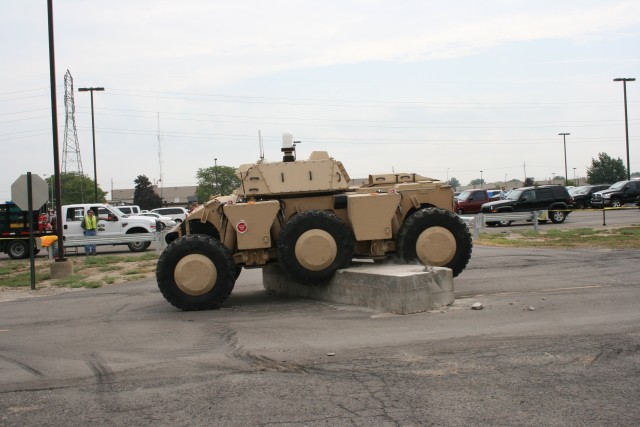
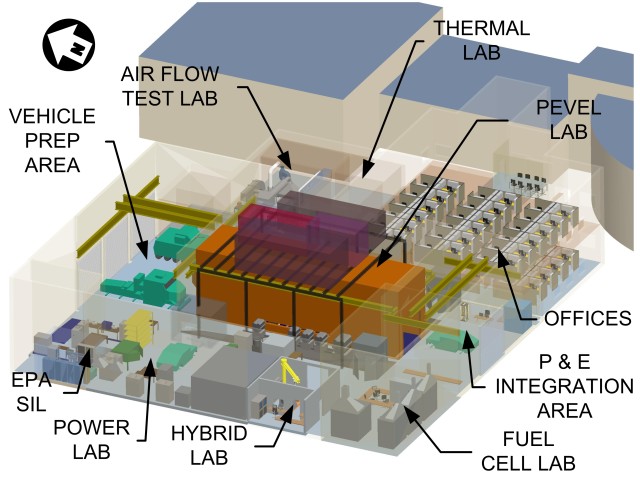
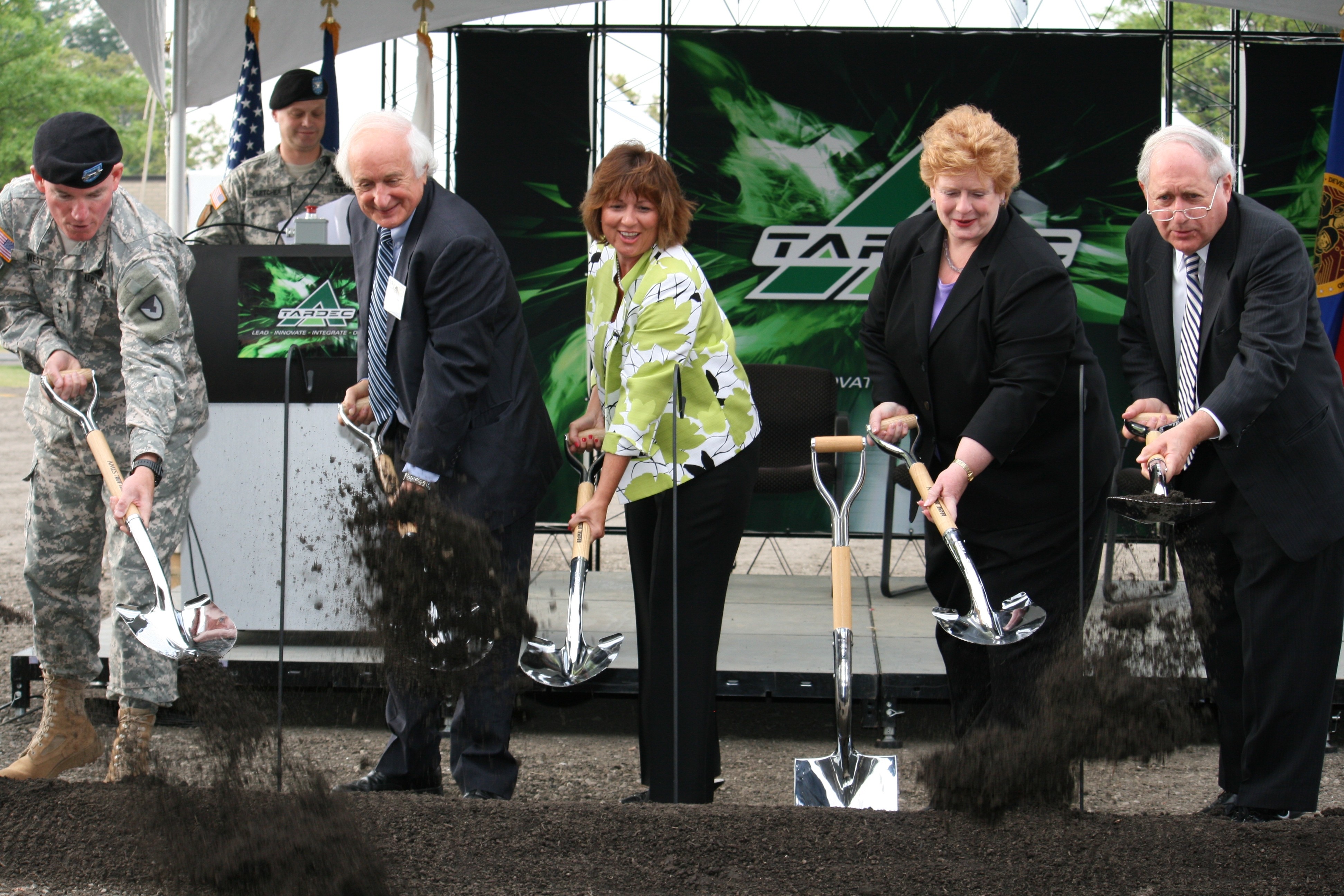
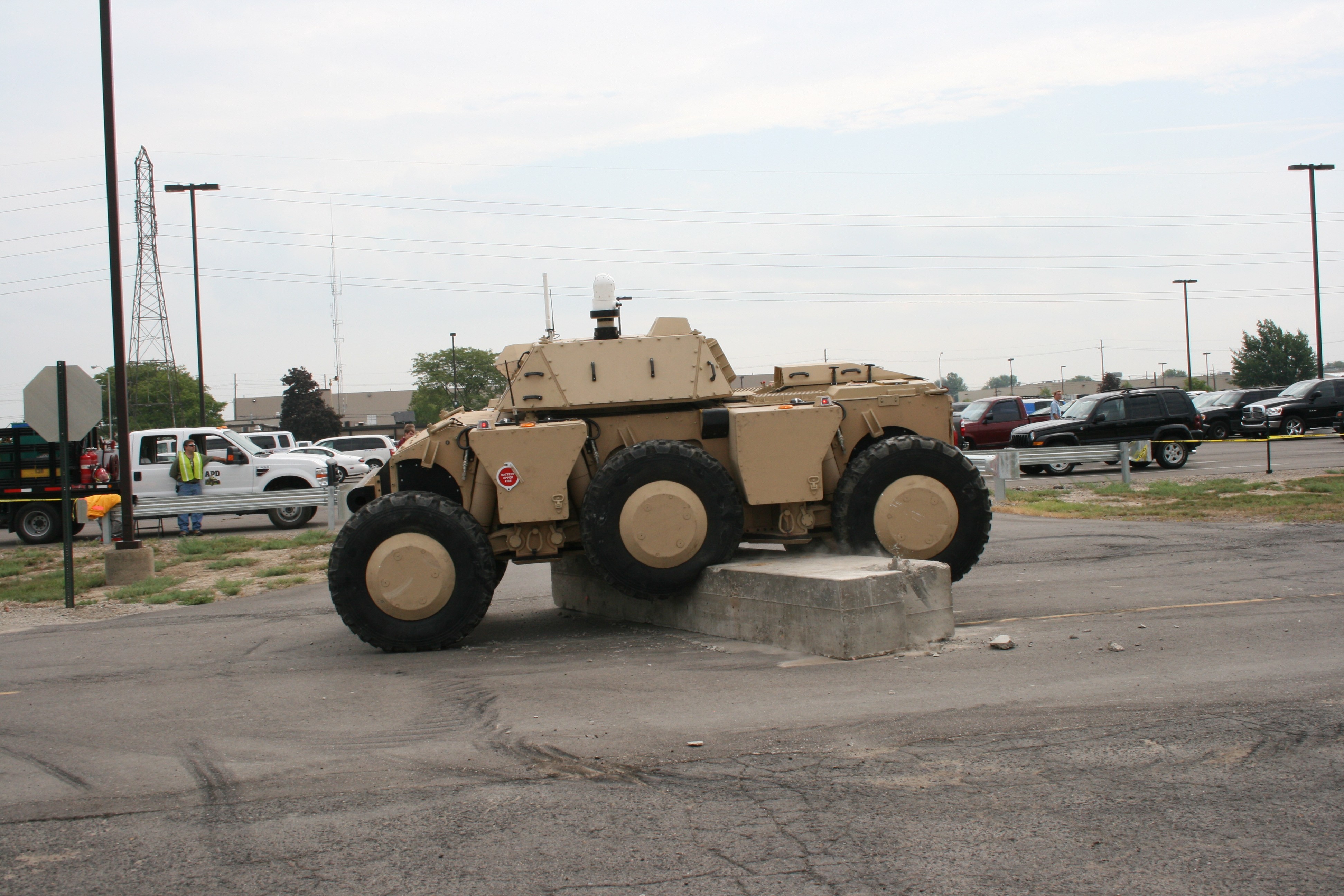
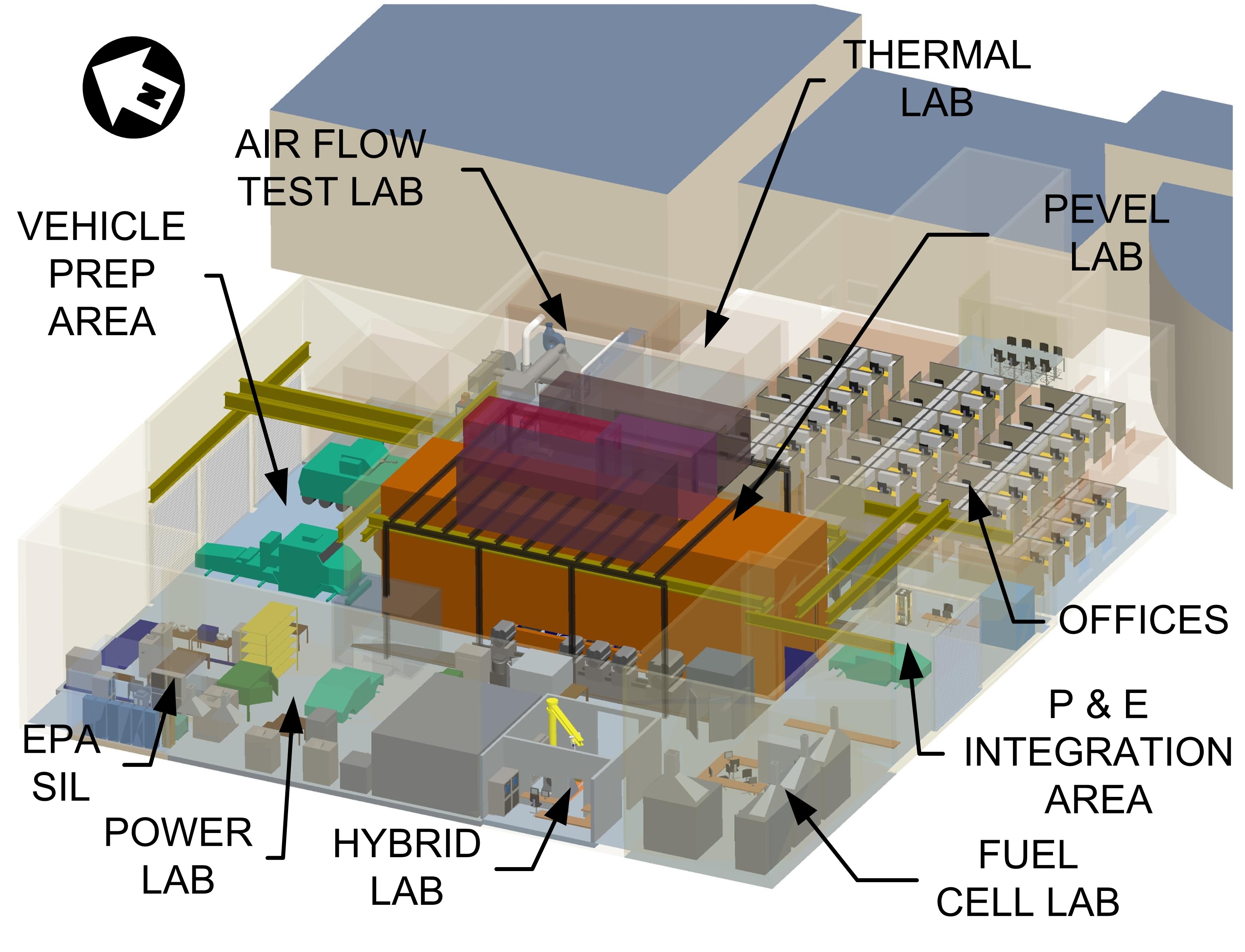
Social Sharing